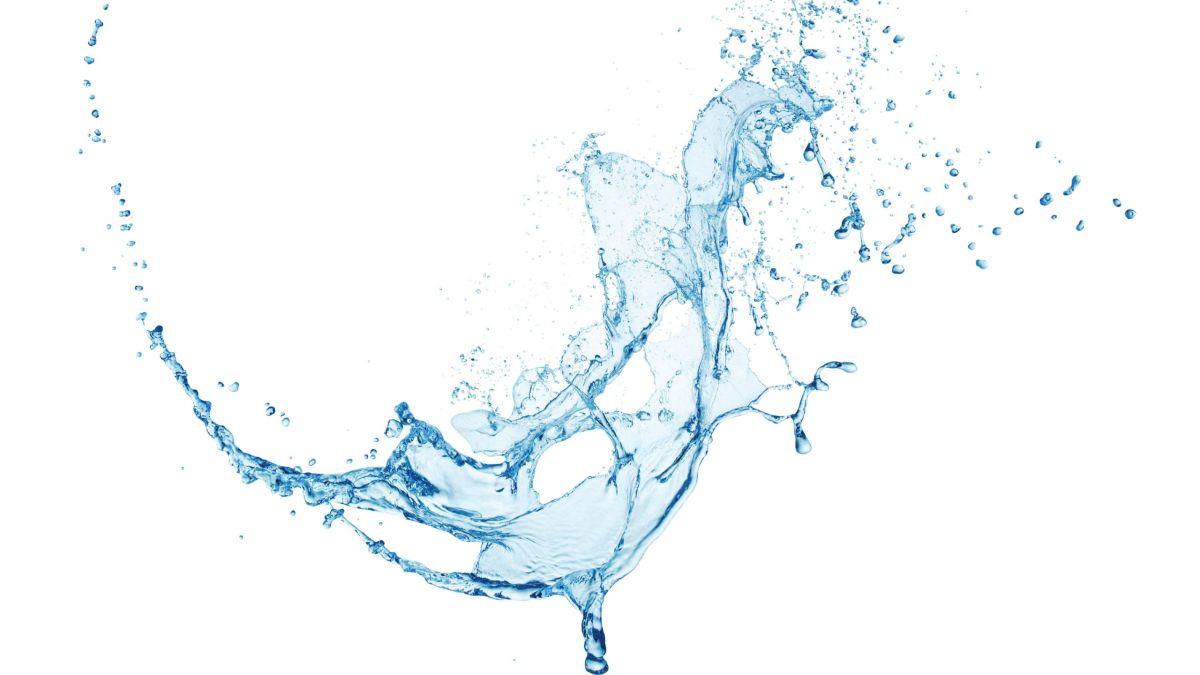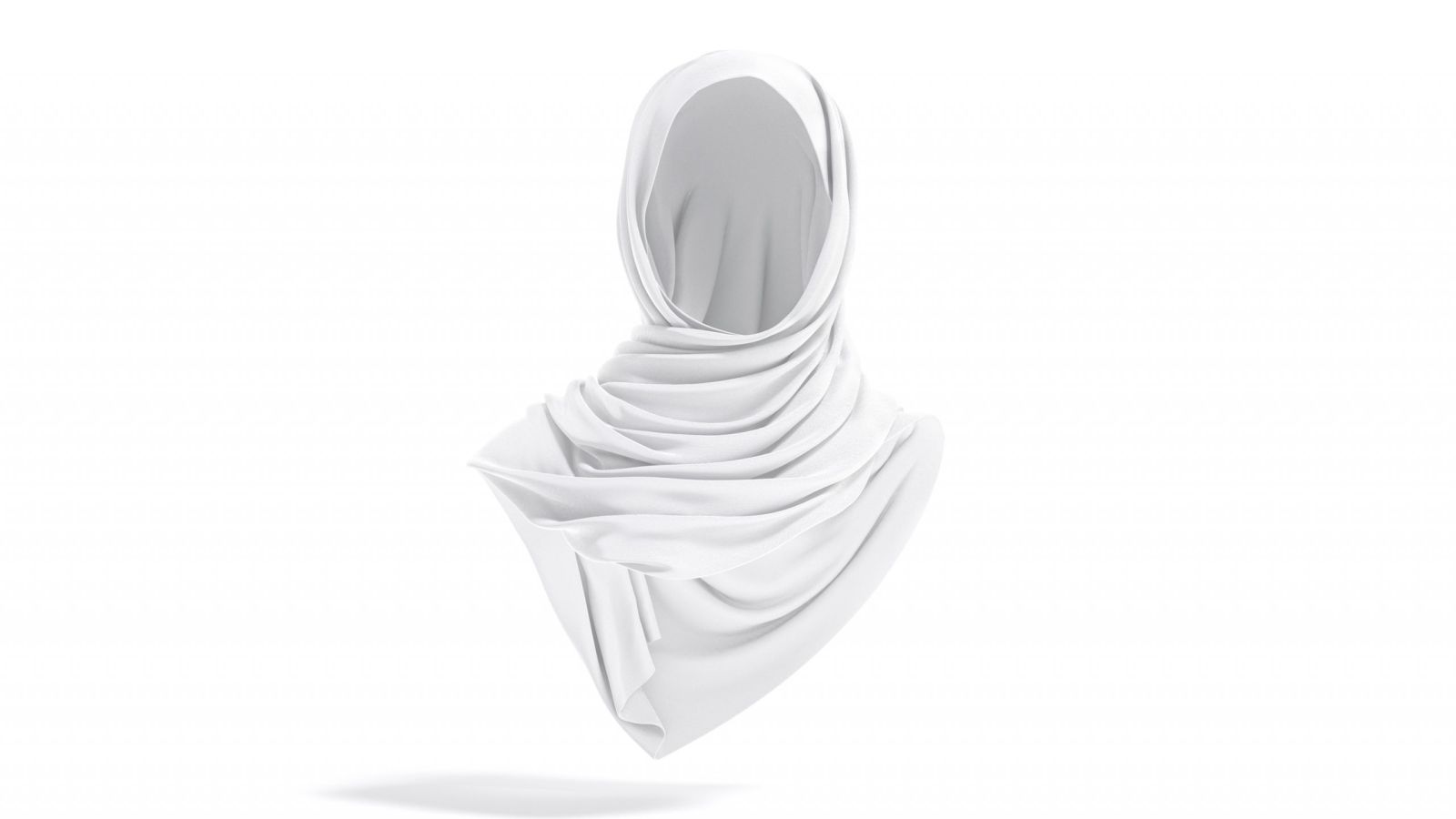The Ten Articles of Fiṭrah
Imām ʿAbd al-Raḥmān ibn Nāṣir al-Saʿdī


Narrated by ʿAʾishah (رضي الله عنها) who said: The Messenger of Allāh (صلى الله عليه وسلم) said: “Ten things are from the fiṭrah [natural disposition and inclination of man]: Cutting the moustache, allowing one’s beard to grow, using the siwāk [to clean one’s teeth], washing one’s nose with water, clipping one’s nails, cleaning the knuckles, plucking the hairs of the armpit, shaving off the pubic hair, and Istinjāʾ cleaning oneself [after answering the call of nature].” The narrator said: “I forgot the tenth one except that it may be ‘washing one’s mouth with water.’” Narrated by Muslim.1
Imām ʿAbd al-Raḥmān ibn Nāṣir al-Saʿdī (d. 1391 AH) comments:
Fiṭrah refers to the disposition upon which Allāh has created His slaves such that He has given them a natural inclination towards certain things. This includes, for example, a love for goodness and its effects and hating evil and defending oneself from it. Also, He has made them Ḥunafāʾ: in a state that is accepting of goodness and sincerity to Allāh, seeking a means of closeness to Him.
He—the Most High—has made the legislations related to fiṭrah of two types:
-
Purification of the Soul
That which represents a means by which one is able to purify their heart and soul. This is accomplished by possessing īmān in Allāh and through its resultant effects. The Most High said:
فَأَقِمْ وَجْهَكَ لِلدِّينِ حَنِيفًا ۚ فِطْرَتَ اللَّهِ الَّتِي فَطَرَ النَّاسَ عَلَيْهَا ۚ لَا تَبْدِيلَ لِخَلْقِ اللَّهِ ۚ ذَٰلِكَ الدِّينُ الْقَيِّمُ وَلَٰكِنَّ أَكْثَرَ النَّاسِ لَا يَعْلَمُونَ ﴿٣٠﴾ ۞ مُنِيبِينَ إِلَيْهِ وَاتَّقُوهُ وَأَقِيمُوا الصَّلَاةَ وَلَا تَكُونُوا مِنَ الْمُشْرِكِينَ
“So set you (O Muḥammad (صلى الله عليه وسلم)) your face towards the religion of pure Islamic monotheism ḥanīfah (worship none but Allāh Alone), Allāh’s Fiṭrah (i.e. Allāh’s Islamic monotheism) with which He has created mankind. No change let there be in Khalq-illāh (i.e. the religion of Allāh; Islamic Monotheism), that is the straight religion, but most men know not. (Always) Turning in repentance to Him (only), and be afraid and dutiful to Him; and perform Al-ṣalāt (Iqāmat-as-ṣalāt) and be not of Al-Mushrikūn (the disbelievers in the Oneness of Allāh, polytheists, idolaters, etc.).”
(Al-Rūm, 30:30-31)This represents the means by which one is able to maintain the integrity and righteousness of their soul, purifying their hearts and increasing its goodness. Also, ridding it of contemptible sicknesses and adorning it with exemplary manners. All of this is included within the foundations of īmān and the actions of the heart.
-
Purification of One’s Appearance
That which concerns purification of the outward appearance and its cleanliness. Ridding it of that which is impure and detestable. These are the ten that are being referred to in this ḥadīth. They are from among the exemplary, excellent characteristics attributable to the religion of Islām. As all of them relate to maintaining the cleanliness of one’s limbs, attaining a state of completion and perfection within them such that they remain in a state of perfect health, ready to engage in what is required.
Cleaning the Nose and Mouth with Water
As for cleaning the mouth and nose with water: The scholars have agreed that they are legislated actions in the purification rituals from both major and minor kinds of impurity. They are obligatory aspects of both, consisting of cleaning the inside of the mouth and nose, purifying them. This is needed as both the mouth and nose are exposed to many kinds of impurities, like smoke and its likeness. This exposure is unavoidable, so it must be cleaned. Likewise, the siwāk represents a means by which one is able to purify his mouth as it is “a means of purification for the mouth, pleasing to the Lord.”2 For this reason, the use of the siwāk is recommended at all times, especially when: performing wuḍūʾ, performing ṣalāh, awakening from sleep, whenever the smell of one’s mouth is changed, or when’s one’s teeth appear yellow, and circumstances similar to this.
Trimming the Moustache
As for cutting the moustache or trimming it until the lips are visible, it is also related to cleanliness: a means to guard against nasal excretions. For if the hairs of the moustache are allowed to hang over the lip, they will come into contact with all the food and drink that is consumed, while also marring the outward appearance of the individual through its bushiness. Even if those who see it as insignificant regard it as a means of handsomeness. Its appearance is opposed to that of the beard which Allāh has made a sign of a respectable bearing and handsomeness for a man. It is by means of the beard that men remain handsome even in their old age. With regards to this, take a lesson from those who shave it, choosing to disobey the Messenger (صلى الله عليه وسلم). Look at how their face appears disfigured, absent of its goodness and prowess. This is especially apparent for those who have reached old age. Such a person takes on the appearance of an old woman who, having reached an advanced age, her beauty has abandoned her. Even if, in her youth, she was among the most beautiful of women. This is something that is well perceived. However, actions that are taken as habit and blind imitation stipulate casting that which is ugly as beautiful, and casting as beautiful that which is ugly.
Cutting Nails, Plucking Armpit Hairs, Cleaning Knuckles
As for cutting the nails, plucking the hairs of the armpit, cleaning the joints of the fingers—that is, the folds of the body that accumulate impurities and dirt—it represents a means of cleanliness and removal of that which is detestable, all of which is undeniable. Likewise, shaving the pubic hair.
Istinjāʾ: Removal of Bodily Impurities After Answering the Call of Nature
As for Istinjāʾ, it is removal of the impurities that are left over after answering the call of nature using water or stone. This is, [in addition to being from the fiṭrah], obligatory and one of the prerequisites of performing ṣalāh.
Thus, it is well-known that all of these things aid in perfecting the outward appearance of a human being, while also purifying them, and representing a means of cleanliness. Just as it rids them of that which is harmful to their health, and detestable in nature. Cleanliness is a part of īmān.3
The main point that is referred to here is that the fiṭrah is inclusive of all of the sharīʿah, its apparent aspects [like cleanliness and outward appearance] and hidden aspects [like actions of the heart]. This is because it purifies one’s core from contemptible, lowly mannerisms, adorning it with beautiful, exemplary manners that are all attributable to the creeds of īmān and tawḥīd, and having sincerity to Allāh and seeking forgiveness from Him. Just as it purifies the outward appearance from impurities like dirt and its likeness. In doing so, both physical and metaphorical purification is attained. For this reason, the Prophet (صلى الله عليه وسلم) said: “Purification is half of faith”4 and the Most High said:
إِنَّ اللَّهَ يُحِبُّ التَّوَّابِينَ وَيُحِبُّ الْمُتَطَهِّرِينَ
“Truly, Allāh loves those who turn unto Him in repentance and loves those who purify themselves (by taking a bath and cleaning and washing thoroughly their private parts, bodies, for their prayers, etc.).”
(Al-Baqarah, 2:222)
This sharīʿah, in its entirety, represents purification, maintaining integrity and righteousness, increasing in goodness, and perfection; encouraging engagement in the best of affairs, and forbidding that which is lowly, base, contemptible, and despicable. And Allāh knows best.
Endnotes:
[1] Authentic: narrated by Muslim: 261.
[2] Authentic: narrated by al-Nasāʾī: 5 and al-Dārimī: 684. Graded authentic by Shaykh al-Albānī in al-Irwāʾ: 66.
[3] Referencing the ḥadīth of Ibn Masʿūd (رضي الله عنه) with this wording. Graded very weak by al-ʿIrāqī in Takhrīj Aḥādīth al-Iḥyāʾ:148. Shaykh Ibn ʿUthaymīn said concerning this phrase: “This is not a ḥadīth, but its meaning is correct. For, indeed, the religion of Islām calls for cleanliness.” See Fatāwá Nur ʿalá al-Darb 6:2.
[4] Authentic: narrated by Muslim: 223.
Source: Bahjah Qulūb al-Abrār: 66-68
Translated by: Riyāḍ al-Kanadī
Most Popular: Last 30 Days

















